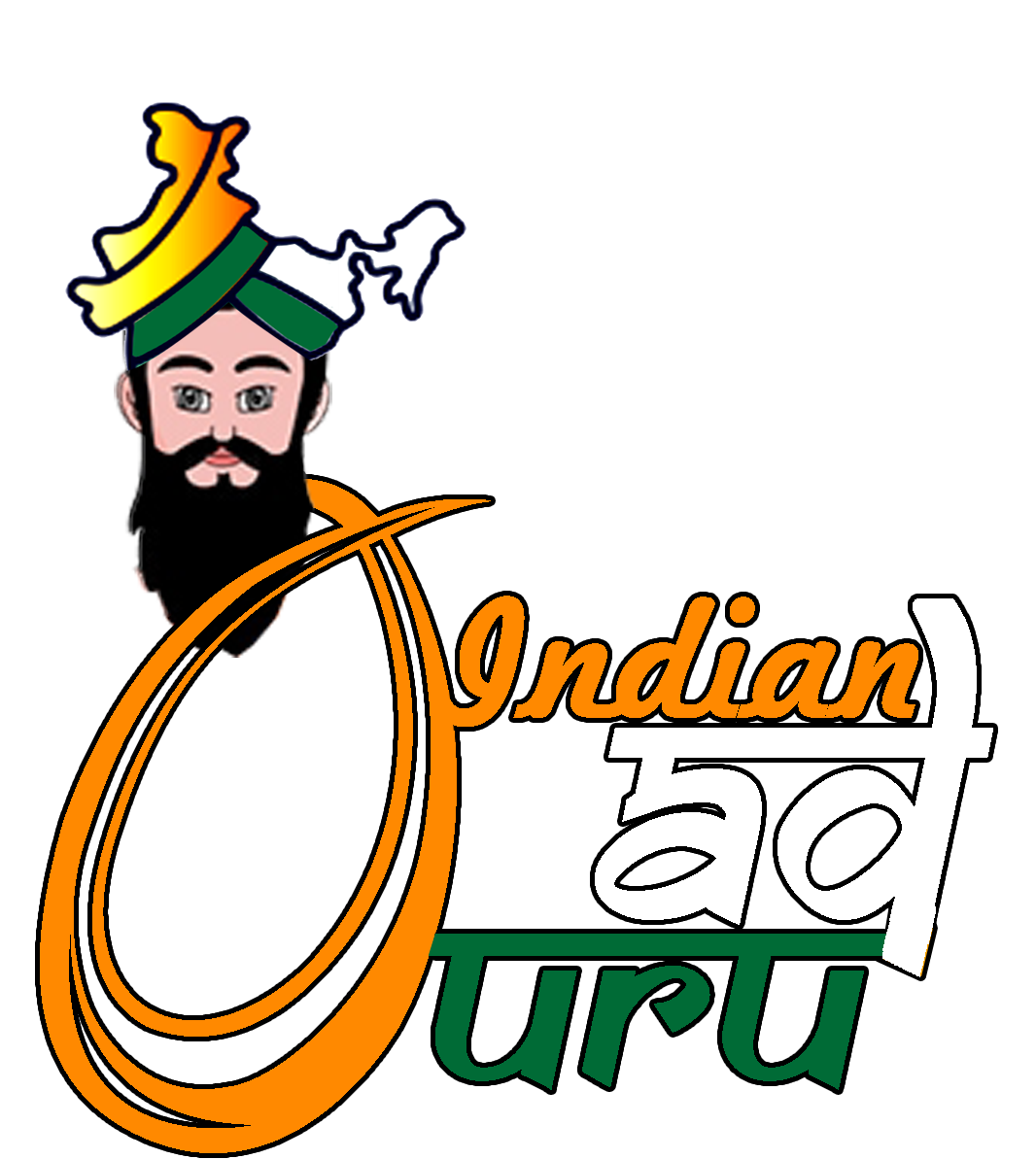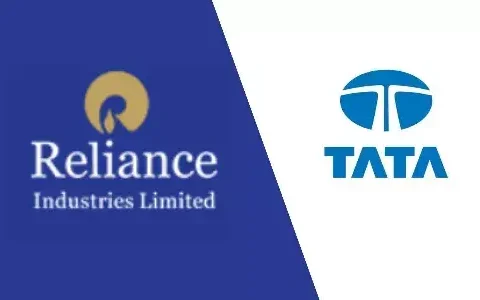&How to start a business in India
What Is Business
Business is an activity through which we generate revenue by selling or exchanging our products/services. It could be an organization, company, firm, or enterprise that is formed or designed to develop certain products/services and deliver those products/ services to customers with the exchange of money. The buying-selling process is called business.
Chose A Business
First of all, you need to decide what type of business you want to do. It’s obvious we should go for the one in which we must have some expertise. We must have complete knowledge of that business. If we don’t have one, then first we need to collect some basic info as well as do some market research before starting. Generally, we divide all business into two categories- PRODUCT & SERVICES. In the product category, we need to sell our product while on the other hand, in the service category we need to provide services directly or indirectly to our customers.
Do Market Research
The most crucial thing is market research. As per our product or services we need to identify our TARGET AUDIENCE. After choosing the target audience we should also focus on the TARGET MARKET and understand the DEMAND for our product. Finding the COMPETITIVE REVIEW is also the most important thing, through which you can decide the PRICING of your product/services and present it to your target group in a better way.
Business Location
Choosing the location for your business is also important. After doing the research you can understand the demand for your product in that particular location and target the nearby areas as well.
Chose A Name
Choosing the name of your BRAND is also another important thing. The name should be related to your product & reflect your work. It should be spoken easily, as people can pronounce it properly and can recommend it to others. Also, they will feel comfortable remembering it. So always choose an easy name for your product/services.
Investment Amount
You should start your business as per your budget. The budget should be different for each work. Starting from registration to raw material purchase, office maintenance, staff salary, and marketing strategies you have to keep your budget separate. It may take 6 months to 1yr to reach the breakeven point, so you have to be prepared according to that.
Registration
It’s the 1st brick of your building. After doing all this work you need to register your business/company. The company can be registered in the following ways.

1. Sole Proprietorship:
Sole means an individual. Proprietorship, the owner of that business. It’s registered when the company is going to be operated or run by an individual. There are very less compliances in it and opportunities to get benefits in taxations too.
2. Partnership firm:
Firm registration is needed when a company is going to be managed by two or more people and everyone is considered a partner. These firms are governed by the Indian Partnership Act, 1932.
3. LLP (Limited Liability Partnership):
It’s a partnership firm registered with MCA (Ministry of Corporate Affairs). LLP means your liabilities are limited and you are restricted to invest in the company. Here the partners are owners and manage the company. In LLP only the partners can invest in the business. In LLP there are very less compliances.
4. Private Limited:
It’s also registered with MCA (Ministry of Corporate Affairs) and called a private company. The minimum paid capital should be Rs. 1,00,000 for a private limited company. There could be a minimum of 2 and a maximum of 200 members in a private limited Company. A private limited company’s director can be the director of many companies as he wants. Here the director will be the manager and the partners will be the shareholders. Here they can collect the investments from outside by giving the shares of their company. In a private limited company, we have to follow a few basic guidelines of govt. like compulsory audit (with computation, balance sheet & audit report), filing ROC, and other legal documents. Here the compliances are more in comparison to LLP.
5. Public Limited:
Both public limited companies & private limited companies are different in natures. In a public limited company we can transfer share easily. There should be a minimum of 7 and maximum no limits of shareholders. There must be a minimum of 3 directors in a public ltd. company. The minimum paid capital for a public limited company should be Rs. 5, 00,000. A public limited company’s director can be a director of maximum of 15 companies. It requires a TRADING CERTIFICATE after registration to start its business.
Other Registrations
GST:
GST registration is mandatory for those who are selling their product/services outside of their state if their turnover is more than 20 Lakhs. If you are applying for any government/ corporate tenders then also you need the GST registration.
PAN:
PAN is always considered ID proof. You can say a financial ID proof. Basically, it’s required while we are filing income tax, but at the time of bank account, vehicle purchase, vendor registration, or wherever you need to submit KYC, PAN is compulsory. A company pan card is essential for a company’s income tax filing.
TIN:
For TDS deduction we need a TIN number. There are different slabs the government has fixed for different businesses. The companies who ll deduct the TDS from the gross value of your invoice need to provide the TDS certificate through which you can claim the deducted value at the time of filing income tax.
Trademark Registration:
Trademark is a brand name, logo, symbol, or design that we use for our product or services. It makes our product different from other competitive brands. In short, it’s a copyright of your product/brand. The validity of the trademark is for 10yrs after that you have to renew it again.
Trade License:
Generally the state government (Municipality) issued the Trade License . It’s a mandatory registration to run a particular business.
Bank Account:
For any business we need to open a bank account. If it’s sole proprietorship then you can continue with your saving account else you have to go with a current account, which you can open with the minimum balance of Rs. 5000/ Rs. 10000. The transaction will help you in the future if you are looking for a loan.
Office Stationeries:
Office stationeries (Such as – Letterhead, Money Receipt, Visiting Card, and Debit/Credit vouchers) are also very crucial for any business.
Website:
Website is a kind of digital visiting card. It gives you a global presence and a platform through which people can contact you and get information about your product/business. Through a good website, you can also sell your product or services.
Different wings of a company
HR & Admin :
The team handles all the administrative functions of a company. HR handles the recruitment process, payroll, salary, increment, PF, ESI, and other employee benefits also. They arrange regular training programs for their employees as well as take care of all their needs, they are the coordinator among all departments and responsible to solve their problems. They Arrange picnics, games & other social activities to keep their employees fresh and familiar, There is also a grievance team who listens to their employees and shut out all the conflicts as well as small official issues.
IT:
The IT department handles all the software and hardware-related queries. The maintenance of computers, installation of software (according to the need of employees), and proper networking among all systems are their primary work.
Production:
The production department is the core part of a company. It’s responsible for the manufacturing of products in time with the proper guidance of a company, by selling which company can generate revenue. They are responsible for maintaining quality as well as taking care of all machines and other technical equipment. Delivering products to dealers and distributors is also their responsibility.
Distribution:
Distribution is related to production and as important as marketing. The team is responsible to distribute the product in time. Whatever orders the sales team will bring, It’s the responsibility of distribution team to deliver that in time.
Marketing & Sales:
Marketing and sales are both different things. Making strategies to sell a product is marketing and sale is where we exchange our product/service for money. The role of a marketing manager is to develop unique ideas and implement those to increase the demand for that product among consumers, which will help the sales team to sell it. The marketing team designs these offers/discounts and free things to gear up sale. The marketing team designs the price and decides how much to expense on advertising and promotions. The sales team is responsible for selling products as well as taking care of all dealers & distributors. They are the only team who interacts with the consumers and understands their needs directly and indirectly. They are the face of any company. The performance of a company majorly depends on the sale & marketing team
Accounts:
This is also a vital part of a company. A company always needs to be strong in accounts. The accounts department keeps all the track records of a company’s account, The details of sale, purchase, marketing expenses, salary expenses, production expenses as well as payment of all parties, tax payment, and making the report of all are their primary work. They are responsible for tracking payments, credits, and allotment of budget to each department. Generally, the budget is designed annually, half-yearly and quarterly and changed if needed.
These are the basics you need to know before starting a company. But what’s most important is your experience. So need to gain some practical knowledge before starting a company. Our government has also launched different schemes through which you can attain free training camps and skill development programmes to be an entrepreneur.









